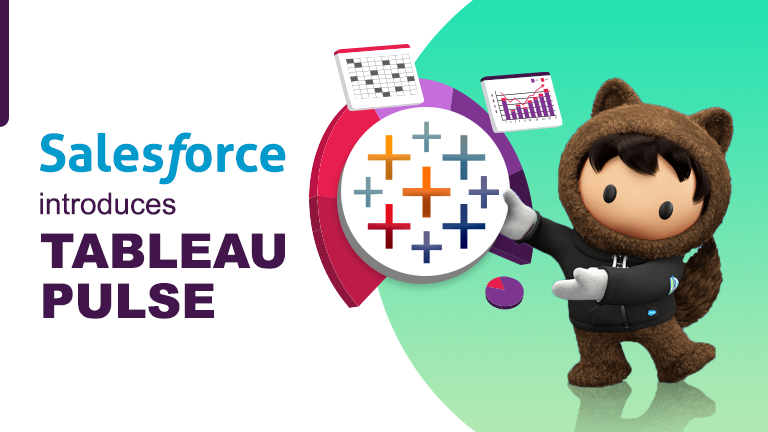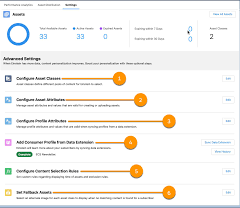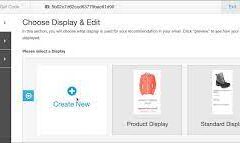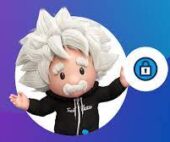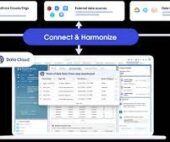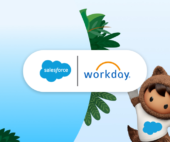Most of us are quite familiar with Chat GPT, the revolutionary Large Language Model from Open AI that is transforming the world of AI interactions far beyond research labs. Recently, Tableau unveiled Tableau GPT at TC 2023, a new tool leveraging generative AI. But what is Tableau GPT, and how does it integrate with Tableau’s current array of product offerings? Tableau Pulse and Tableau GPT work together.
Complementing Tableau GPT’s natural language capabilities is the newly launched user interface, Tableau Pulse. Designed as a personal data guide, Pulse presents you with a curated, ‘newsfeed’-like view of your key metrics, a game changer for business leaders needing to keep a close eye on performance indicators.
So Tableau AI is a suite of capabilities that brings trusted predictive and generative AI to the entire Tableau Platform to simplify and democratize data analysis and insight consumption at scale.
Tableau GPT:
Tableau GPT is an assistant utilizing advanced generative AI to streamline and democratize the data analysis process. Developed in collaboration with OpenAI, it is derived from Einstein GPT, a recently introduced Salesforce product. Tableau GPT seamlessly incorporates generative AI into Tableau’s user experience, aiming to enhance productivity, accelerate learning, and improve communication.
During the TC keynote’s Devs on Stage segment, Matthew Miller, Senior Director of Product Management, showcased Tableau GPT’s ability to generate calculations. With a prompt like “Extract email addresses from JSON,” Tableau GPT swiftly provided a calculation that could be easily integrated into the calculation window.
Tableau Pulse:
Additionally, Tableau GPT also powers the new Tableau tool named Tableau Pulse, enabling users to generate powerful insights rapidly. In this tool, Tableau Pulse offers “data digests” on the user’s personalized metrics homepage, allowing customization. Users can have a curated, ‘newsfeed’-like experience of key KPIs, personalized over time as Pulse learns user preferences.
Tableau Pulse provides metrics to pay attention to, based on recent data trends recognized by Tableau GPT. Users can follow KPIs and receive the latest values, visual trends, and AI-generated insights. Moreover, Tableau Pulse responds to natural language queries about data. For instance, when asked, “What is driving change in Appliance Sales?” Tableau Pulse provides a quick answer with a visualization.
Tableau Pulse helps everyone in your organization integrate data into their daily jobs to make better, faster decisions. Without having to learn a new tool or build comprehensive visualizations, Tableau Pulse helps you go beyond the how and what and shows you the why behind your data.
After obtaining insights from Tableau Pulse, users can drill down further by asking follow-up questions. For example, asking, “What else should I know about air fryers?” reveals an insight that the “inventory fill rate” for air fryers is forecasted to fall below the predetermined threshold.
Knowing where, when, and why to pay attention to your business has never been easier. Within Tableau Pulse, the Insights platform automatically detects drivers, trends, contributors, and outliers for the metrics you follow. It proactively flags changes that matter to you. Using natural language and supporting visual explanations, Now Tableau Pulse summarizes the insights so you can make appropriate and timely decisions.
Tableau Pulse and Tableau GPT
Tableau GPT and Pulse are poised to transform the interaction with Tableau products. These tools will expedite the creation of visualizations, a hallmark of Tableau, and provide non-technical users with quick data comprehension without additional development time.
Users access Tableau Pulse from the Tableau Cloud navigation menu, but the metrics in Tableau Pulse aren’t part of the project content hierarchy in Tableau Cloud or governed by project-based permissions. The ability to create or see metrics is based on permission to connect to and access data in a data source.

